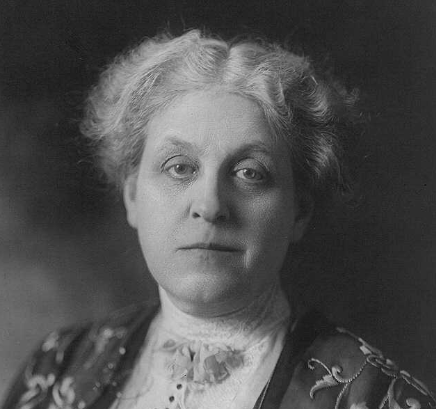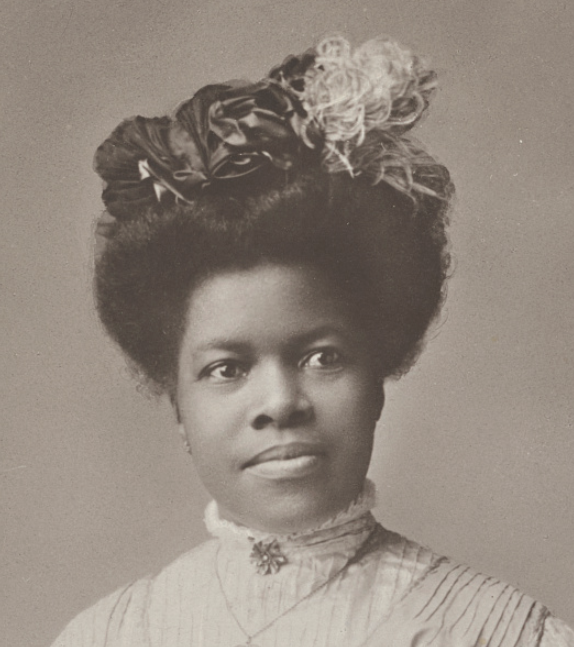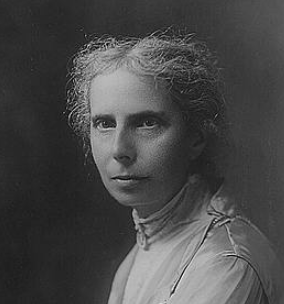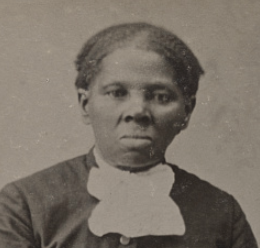Hi everyone,
Just checking in on how your lesson planning is going since we last met on July 13: What topic did you choose? What flashes of brilliance have you had? What challenges? And how can this group help you through your challenges?
Replies displayed by creation date
Hi Everyone! I'm going to work on a lesson for my International Relations class this fall. In the class, we look at the role of ethics/morality in political decision making. The text I use presents a number of ethical/moral dilemmas for discussion. Each of these dilemmas is rooted in a contemporary or historical example. In the past, I've presented each case study to my students and have had them first discuss them in small groups and then as a whole class discussion. The last time I taught the course, I created a "four corners" activity as the main feature of the lesson. This was a good tweak, but I'm looking to "fine tune" the lesson further. I'd like to go back to the presentation that Catherine and Valerie did on class discussions. At it's heart, this lesson should inspire students to discuss difficult political choices in which there are no real right or wrong answers. I'm looking for the right format to inspire this kind of thinking and sharing of ideas in my students.
Simon - Your four corners approach seems quite sound.
I don't know what prompts/texts you use in each of the four corners. Yet, of course, I'm always going to think about primary sources and/or experiences. Do you use images, posters, student art, music, etc.–emotion and multi-level prompts–as well as documents? Those things can help students activate their emotions and beliefs in deep ways in addition to the vitally important intellectual.
- Rich
I love that you hope to "inspire students to discuss difficult political choices in which there are no real right or wrong answers." In this climate of "all or nothing" it seems particularly pertinent. Do you, somewhere in the unit, show examples of how opposing parties reach compromises?
So this is an activity/process that you'll use over and over as you encounter new dilemmas? If that is the case, it might be fun to try different discussion formats or protocols for each after you do the 4 corners - keeping most of it the same. Looking through the list we gave out, the World Cafe activity where each small group keeps a leader, but the other members of the group rotate and the Discussion Appointments get them talking to different people, some kind of a Role Play activity or Pinwheel (where they have specific roles to play in the discussion), and maybe a Fish Bowl could be interesting different ways to break kids up and get them thinking about their own and other people's perspectives on an issue. What's the text you use? This sounds like a great way to deal with those scenarios that are oversimplified as black or white, but obviously, like most things, are much more gray.
Hi,
I have not done much work in the last month because I went on two vacations - I just got back from 9 days in Alaska yesterday.
I was originally interested in doing a lesson on Constitution Day on Sept. 17th - but, it is a Sunday this year and I just found out that I am not going to be teaching US History next year. My fall topics include the World Wars, the Arab Israeli Conflict, and the Civil Rights Movement in the US in the 1950's-mid 1960's and Apartheid in South Africa.
I am now thinking I might design a lesson plan on how to define the term "Civil Rights" or "Civil Rights Movement". I might give students several primary source documents about Civil Rights and have students try to form their own definition from what I have given them. Sources I might include
- the Bill of Rights
- MLK speech (maybe "I have a dream") - text/audio
- Declaration of Human Rights (1948)
If anyone has any ideas of other material I might choose from, please share! Thanks!
Hi! The lesson plan I'll be sharing is actually a reworking of one I used last year which was an epic fail. The goal is for students to recognize the roots of the Bill of Rights in the Magna Carta. The earlier version had too many layers and seemed disjointed. I believe this version is more focused and will lead students to delve a bit deeper into the language used as well as home analysis skills when using primary sources. I'm hoping our group can look at the lesson with more objective eyes than I have! Last time I used it was as part of my U.S. History curriculum. This year, I will be teaching it in coordination with my unit on the Middle Ages.
What a great idea! although I find the Middle Ages fascinating, this age group may not, and teaching how this significant document affects their lives may prove just the thing to help them connect with that time period. I look forward to seeing it!
Hi Everyone :)
Catherine Glennon and I have a civic engagement lesson plan that turned into a lesson unit for a Beta Career Enrichment program for a select group of seniors. We will be working together with the Beta Career Enrichment lead teacher. The lesson/unit will begin during trimester II and conclude at the end of trimester III. It covers a number of standards including research, civics, Mass Frameworks, Common Core... I’m not going to reveal the topic of the starting lesson but will allow Catherine the honor to share with the group when she next logs in. You'll love it!
Valerie
I can't wait to learn the details!
What are the implications of time-work management of your assignment growing from a lesson to a unit? It's so easy for such an assignment to grow to overwhelming proportions. Stay in touch about the expectations!
Hi all,
I am definitely late to this prompt session but still want to share my thoughts. I will be teaching trying to work in some Civic engagement to my Reconstruction unit. Focusing on the 13th, 14th and 15th amendments and the application or non-application of them to real life contexts. We will also be bringing in Jim Crow and the backlash of dominant groups to the application of equality to African Americans. Hopefully we can tie it in with recent event like Charlottesville.
That sounds timely and extremely important, Akesa. Your librarian could be a helpful collaborator in helping you find differentiated and relevant texts. Is there anything this group can help you with?
Testimonials
- I love that there is new info on the site daily!
- I had a wonderful time working with the Library of Congress and learning about all of the resources at my fingertips!
- The TPS Teachers Network has an equal exchange of ideas. You know it's not a place where you're being judged.
- My colleagues post incredibly fine resources and ideas....the caliber of the suggestions and resources make me feel that I take a lot from it. It's a takeaway. And I hope that I can give back as much as I get.
- Going into this school year, I have a fantastic new resource for my own instruction and to share with my colleagues!
- I am very glad that I discovered the TPS Teachers Network through RQI. Great resources can be hard to find out there on the internet!















